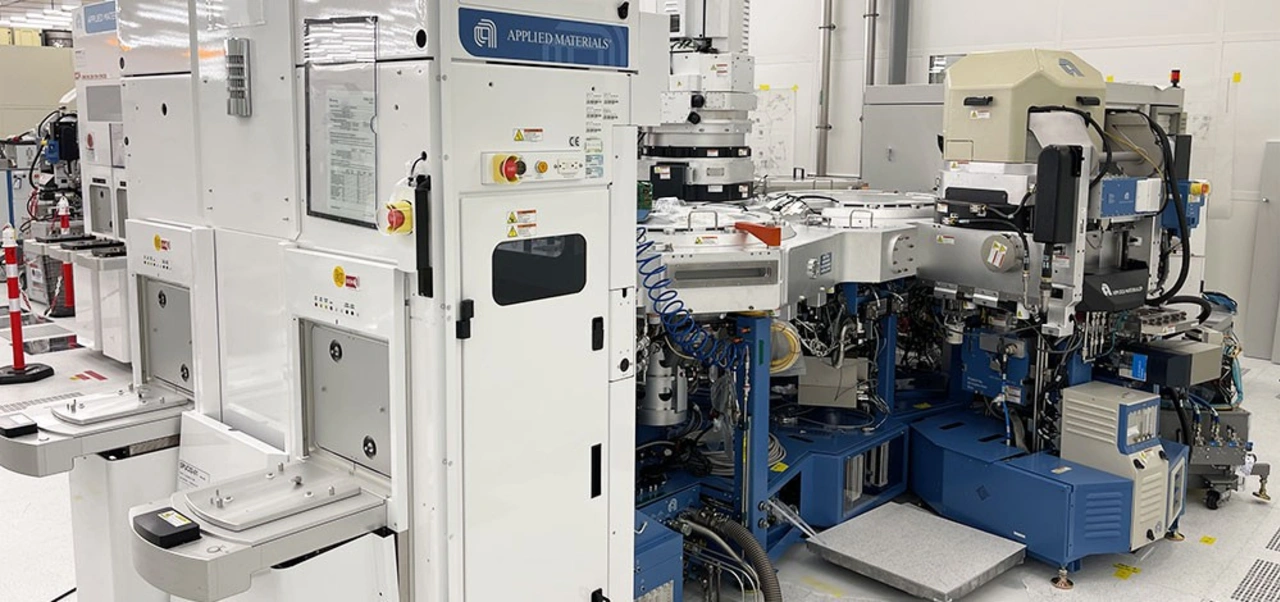MATQu
European Ecosystem for Quantum Computing
The MATQu project aims to pave the way for European industry to solid-state-based quantum computers. The Fraunhofer Institutes IPMS and IAF are part of it.
They contribute their expertise in 300-mm fabrication and low-temperature measurement techniques. The goal of MATQu is to expand existing European know-how in the field of materials and production processes.
The (computational) performance of quantum computers strongly depends on their central hardware element: the qubit. Several approaches to the realization of qubits exist, but stable, scalable manufacturing methods are currently lacking to achieve a breakthrough in industrial use. The MATQu project, short for Materials for Quantum Computing, launched in June 2021, aims to build a European research infrastructure for advanced computing technologies. The goal is to establish a European supply chain for materials and processes for solid-state qubits through close collaboration between leading European research institutes, industry and application partners. MATQu aims to create a European ecosystem to bring solid-state qubits - such as superconducting Josephson junctions - into application. Josephson junctions are currently the most mature solid-state platform for stable superconducting qubits. The project focuses on new materials and processing and characterization technologies for quantum computing hardware.

Qubits on the way to market maturity
Superconducting qubits are among the most promising devices to realize large-scale quantum computing. The success of Josephson junctions can be attributed to their design principles, which are based on established production processes. However, their performance depends critically on the quality of the substrates and materials used, as well as the reproducibility of the processes used in their fabrication. A stable and established value chain is therefore key to improving these parameters in the future. Thus, the main technical goal of the MATQu project is the improvement and transfer of materials and technologies from the laboratories to the market. The project partners have extensive infrastructure and will contribute with their expertise in materials, process integration and research to fabricate robust and reproducible qubits. An industrial-grade fabrication infrastructure will enable process parameters to be optimized and the performance of superconducting qubits to be systematically improved.







